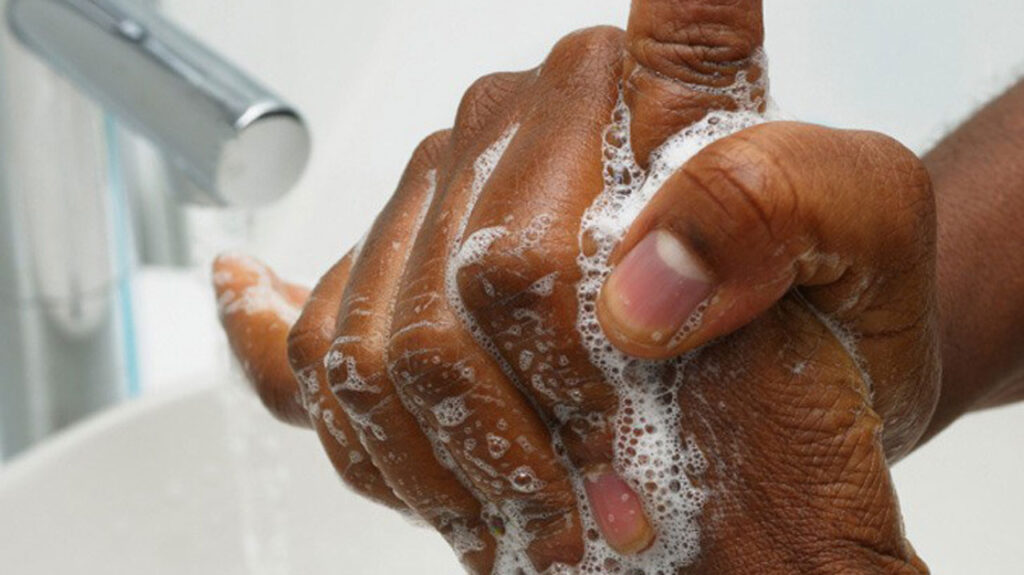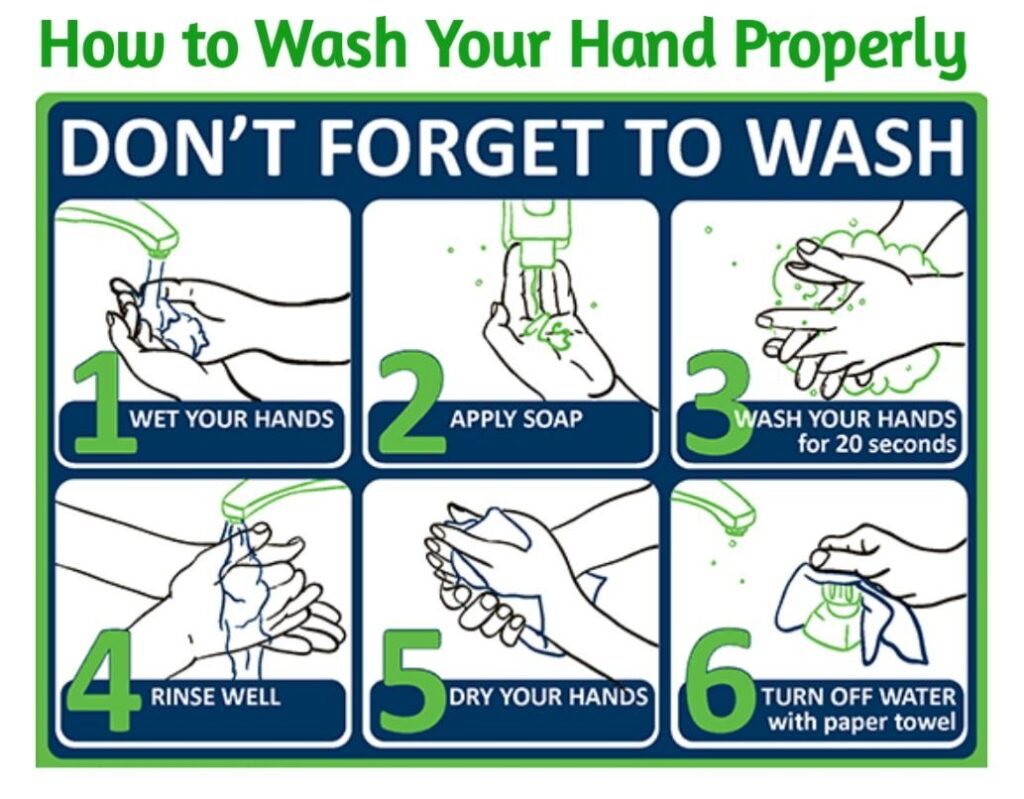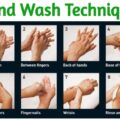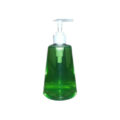Hand-washing with soap and water is a very important public health practice that can prevent a significant proportion of childhood diarrhoea and respiratory infections, the two main global causes of child mortality. However, good hand-washing practices are rare, especially in low-income countries like Nigeria. The single most important thing you can do to keep from getting sick and to stop the spread of disease-causing germs is to wash your hands often. By frequently washing your hands, you wash away germs that you may have picked up from other people or from contaminated surfaces. One of the most common ways people catch colds and the flu is by rubbing their noses or eyes after their hands have been contaminated with the cold or flu virus.
Following the outbreak of COVID-19, hand-washing practices have become part of the Nigerian lifestyle with many entrepreneurs coming up with ingenious wash to wash hands. More frequent hand washing may be able to reduce the spread of these viruses. Some studies show that when children are taught to carefully wash their hand school absenteeism is reduced, even more so when alcohol-based hand rubs are combined with hand washing. You cannot see germs with the naked eye, so wash your hands often. Especially important times include:
- When your hands are dirty
- Before, during, and after you prepare food
- Before you eat
- After you use the bathroom
- After you change a diaper
- After handling animals or animal waste
- After taking out the trash
- After blowing your nose, sneezing, or coughing
- Before and after treating a wound
- When caring for someone who is sic
How to wash your hands properly
To eliminate all traces of the virus on your hands, a quick scrub and a rinse won’t cut it. Below is a step-by-step process for effective handwashing.
Step 1: Wet hands with running water
Step 2: Apply enough soap to cover wet hands
Step 3: Scrub all surfaces of the hands – including the back of the hands, between fingers, and under nails for at least 20 seconds.
Step 4: Rinse thoroughly with running water
Step 5: Dry hands with a clean cloth or single-use towel
For how long should you wash your hands?
You should wash your hands for at least 20-30 seconds. An easy way to time it is by singing the full happy birthday song, twice.
The same goes for hand sanitizer: use a sanitizer that contains at least 60% alcohol and rub it into your hands for at least 20 seconds to ensure full coverage. SEE: 10 Best Hand Wash in Nigeria
When you should wash your hands
In the context of COVID-19 prevention, you should make sure to wash your hands at the following times:
- After blowing your nose, coughing, or sneezing
- After visiting a public space, including public transportation, markets, and places of worship
- After touching surfaces outside of the home, including money
- Before, during, and after caring for a sick person
- Before and after eating
In general, you should always wash your hands at the following times:
- After using the toilet
- Before and after eating
- After handling garbage
- After touching animals and pets
- After changing babies’ diapers or helping children use the toilet
- When your hands are visibly dirty
ALSO READ: The 8 Proper Hand Washing Techniques






